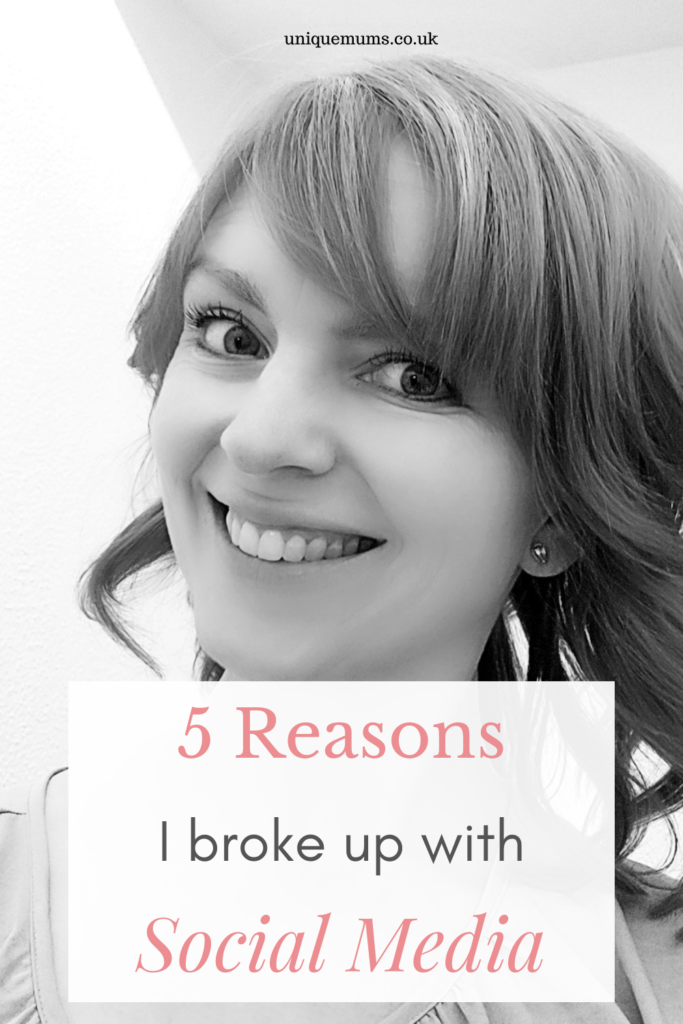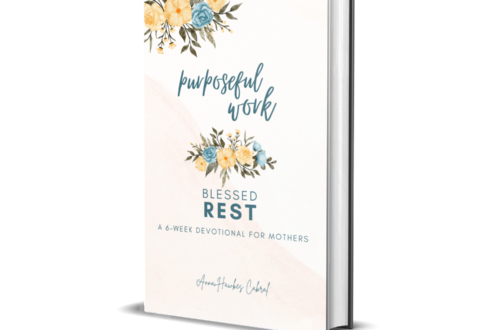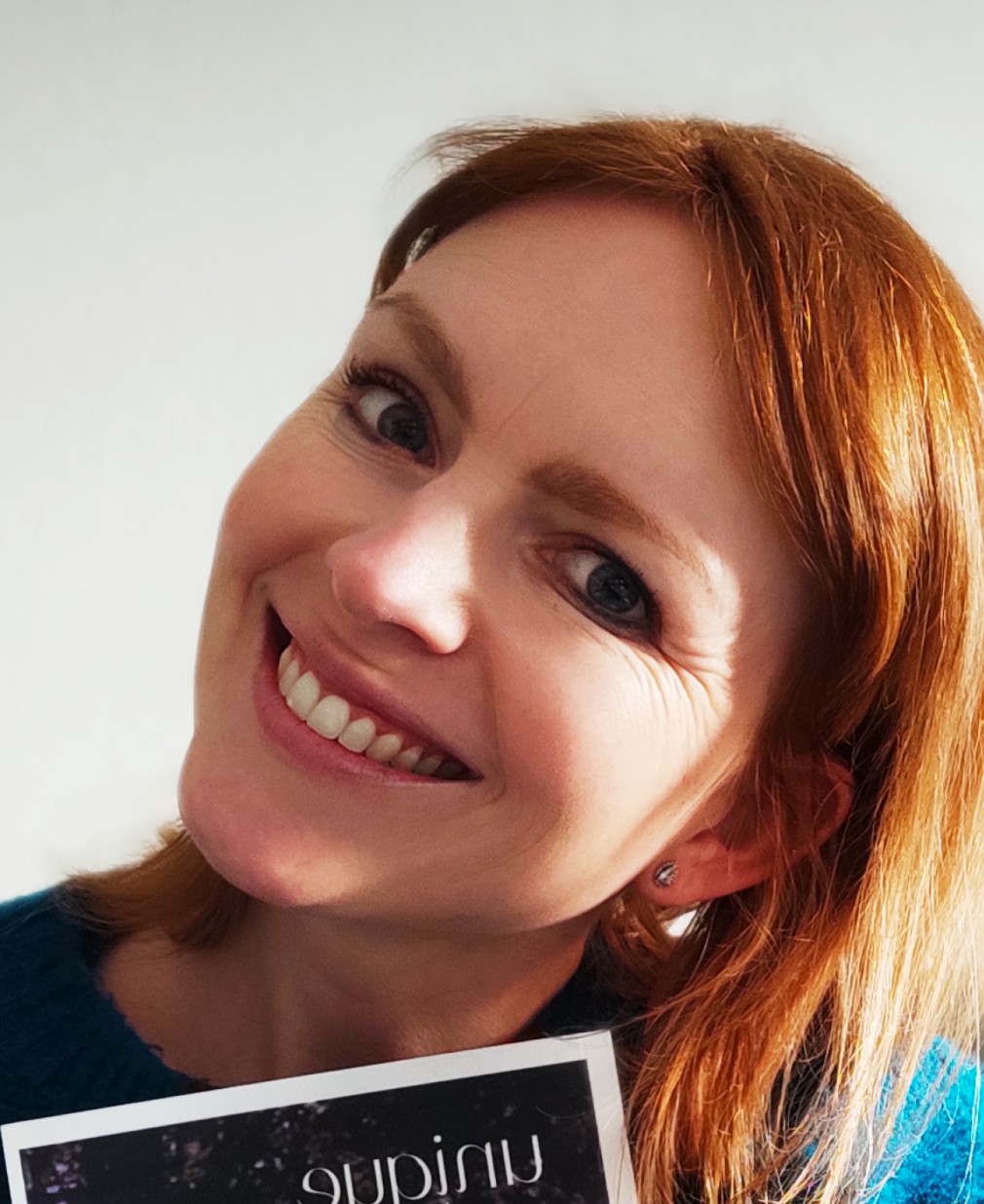
5 Reasons I Broke Up With Social Media
I did something crazy this week. I broke up with social media. And today I’ll share with you my five reasons for doing so.
Maybe it doesn’t sound weird to you, but it kind of is when you consider that I’m a blogger, author, and podcaster.
Also, this is quite a radical change considering I had accounts on the main social media platforms: Twitter, Facebook, Instagram, YouTube, Linkedin, Pinterest.
I even had two accounts on Instagram and three pages on Facebook.
Why so many platforms and accounts?
Well, I used Pinterest for my blog, YouTube for my podcast, Facebook and Instagram for my author pages and blog pages, Twitter for connecting with other writers, and Linkedin.. well for nothing much! 🙂
Now, I’ve deleted everything. Or almost everything. Where Jesus leads, I follow.
The process

Twitter was the first to go. While I did network with other writers when I first used it, with time I realised I didn’t have time to keep up with it and my posts were not getting much visibility. Not only that, but the writers I made a stronger connection with on Twitter became online friends who I began to contact outside of the platform, via email and Substack!
The next to go was Facebook, which I hadn’t been active on for months! In fact, I had only stayed on Facebook to show I had a presence there as an author and blogger. Yet, after thinking about the little engagement I had on there, deactivating my account was a no brainer.
As for my personal Facebook account, though I sometimes used it to contact people on Messenger, all of those people I messaged were people whose WhatsApp or telephone number I also had, so keeping it didn’t make sense.
Then Linkedin was the next one. Linkedin was basically pointless to me as I hardly ever went on it and when I did, I didn’t get anything out of it except irrelevant job offers.
But then we come to the harder one: Instagram.
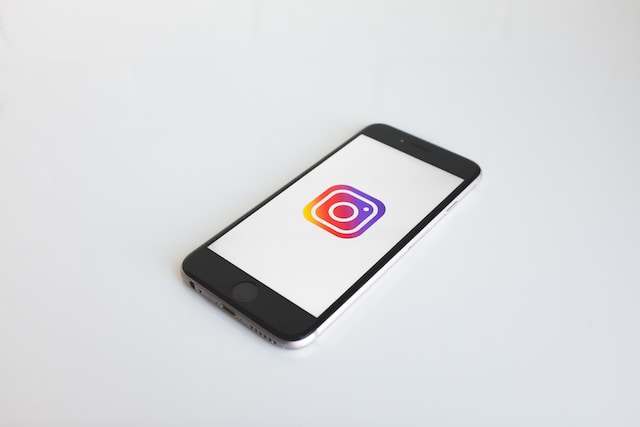
I’ve always had a love/hate relationship with Instagram. The love part is that I made some great connections on the platform and I discovered some lovely content creators and authors. The hate part is that whenever I went on Instagram I felt overwhelmed by the bottomless vortex of content, and most of the posts coming up on my feed seemed to be increasingly salesy, filtered and curated.
Not only that, but out of all the social media platforms, I always found Instagram the most addictive (more on that later) and therefore the most distracting and time-consuming.
So I came to a decision: I would delete my blog account completely (not just because of the platform or the addictiveness, but also because I wanted the Christian content for mothers to be on sturdier long-term platforms like the blog and podcast) and I would take a break from the other account (my author account). I also set my author account to private. (I haven’t decided if I’ll delete it altogether one day or not!)
Ok, so now I’m left with YouTube and Pinterest. And at the moment I feel ok with those. Simply because they don’t fit into my reasons for quitting the other platforms, which I outline below, and for some other reasons which I’ll talk about at the end of this post.
So what are my main reasons for breaking up with Social Media? Here goes:
My 5 Reasons For Breaking Up With Social Media
1.Time-consuming And Addictive

Let’s face it, social media is both time-consuming and addictive for most of us. There are reasons for that!
The platforms have been designed around the engagement for profit business model, i.e. it sells our attention to advertisers.
Ok, that’s the same as mainstream TV, I guess. Back when we watched national TV, it provided us with content for free, and in exchange, we had to watch adverts.
What makes social media unique, though, is that it contains distinct addictive features.
The first is content creation.
Users do not merely consume content, they also create it and then get social validation through likes, comments, and shares.
The second is fast, new, and varied content at the scroll of our fingertips.
Social media consumers do not need to click on links to load new content, nor are they forced to be in a room in order to switch from one content to the next (as with TV devices). Instead, they can access thousands of content pieces in one convenient location at the scroll of a fingertip – available wherever they go. (Oh and with the bonus of being able to react to it visibly!)
Not only that, but social media platforms receive millions of new content pieces a day which means there is never-ending content available -introducing infinite scrolling!
The third reason social media is addictive is the platform design.
Social media designers do not merely design aesthetically pleasing interfaces, they design social media platforms for the sole purpose of addicting users: colourful app logos (most of which are in warm shades of red or pink or yellow), pull to refresh scroll features, red notification bubbles, no built-in endpoint (aka a bottomless vortex of stuff) which leads to infinite scrolling, and push notifications via email that force you to click out of email and onto the platforms to see posts.
2. Fickle Algorithms
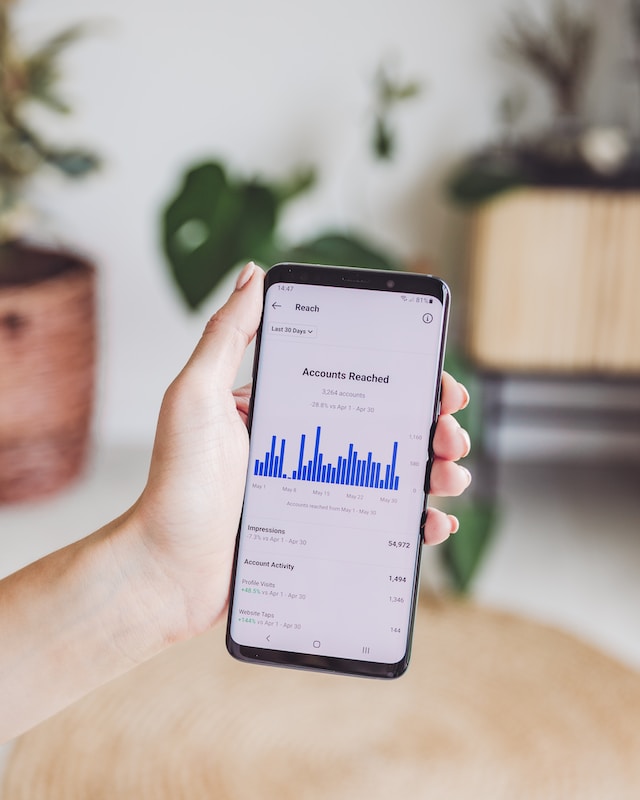
As a content creator, keeping up with the ever-changing algorithms is not only exhausting but also sorely discouraging because unless you give yourself completely to it, it’s impossible to do.
The truth is that most social media platforms boost accounts that either are actively on the platform adding content and engaging with other accounts all the time, or accounts that pay for post boosting.
There’s a reason why big names (even within the Christian world) get a lot of engagement. They have social media managers who pay for post boosting, study the algorithms, and engage with other accounts.
For the rest of us, it’s either pay to play (i.e. social media platforms get your money directly when you pay to boost posts) or engage to play (if you engage with other users, the platform will reward you. This is because the more time you spend on the platform, the more you’re exposed to adverts and the more money they get).
The problem is that said engagement often comes at a cost: our attention to our work projects, our families, local church, and our offline ministry.
A fellow blogger and author (although a lot more famous than I am haha) Alena Kate Pettit said this when she quit Instagram:
“A platform that exposes your work, product, or message to LESS than 5% of your total audience, and actively punishes you for not engaging in it (reward system), is not a viable way to spend your marketing budget (time, money, or otherwise).”
3. Curated And Filtered Content
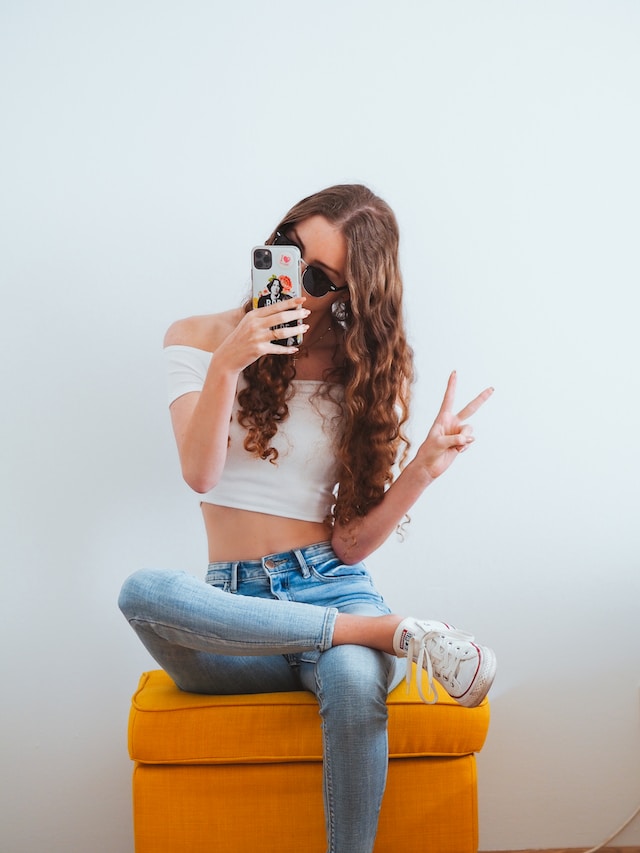
This is one of the main reasons for my break from Instagram, specifically. The accounts that get most visibility are the ones with the most perfect-looking posts, the influencers who are selling something, or the big names.
When scrolling my Instagram feed, I constantly felt that the engagement was higher on certain types of content (perfect resolution, lighting, graphics) regardless of the core message. And that’s a problem for me.
Not only that, but a lot of the content was also salesy with the content being filtered, manipulative, and image-driven, rather than authentic.
I’m not against people promoting products on these platforms, by the way! There’s a time and a place for spreading the word regarding a good product and service. I have myself used Instagram and Facebook to promote my books.
What I am against is manipulative content that aims to increase desire in others, and as pastor John Mark Comer says “to turn a want into a felt need.”
Finally, another side of social media is the promotion of polarisation, in which algorithms actively boost controversial and anger-inducing topics in order to gain more traction on the platforms. The Netflix documentary, the Social Dilemma covers this extensively and I encourage you to go and watch it (again if you already have!).
4. Pressure To Feed The Platforms
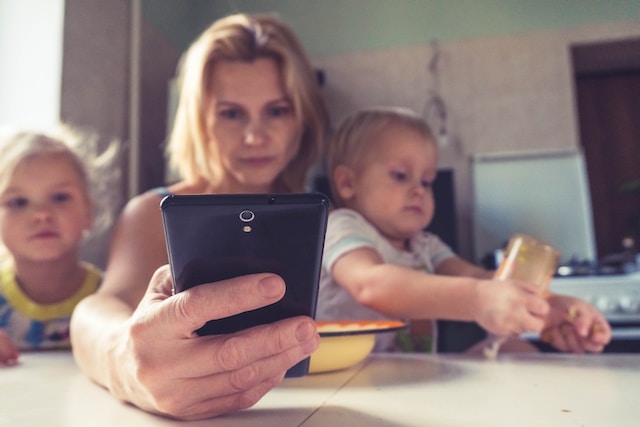
Another reason I quit social media (for the most part) is the pressure I often felt to engage with other people on the platform or attract new ones (isn’t it weird that our Instagram page subscribers are called followers?) via social validation – more followers, more likes, more comments on posts.
The truth is, these are vanity metrics and they’re opposite to the way of Jesus.
Jesus’s heart for me is to look for God’s approval, not man’s. To spend time with Him first and foremost, not to spend hours creating content to gain social validation.
5. Misperception Of Others

Social media misperception is a thing.
We both misjudge others and are misjudged by others based on each other’s highlight reels or small glimpses into each other’s lives.
We also get offended when friends like other friends’ content and not ours. We get upset when people don’t answer our messages on social, or comment and like what we said in a given moment.
All this leads to a break down in relationships and a misperception of other people’s lives, motives, and commitment to the relationships they’re in.
One of the reasons I left Facebook was that I didn’t use the platform enough (due to having other priorities like spending time with my children and working on long-form content!) to justify officially being there. Sometimes I’d get messages from people on Facebook and I’d only see them weeks later.
So I decided the best course of action was to leave Facebook all together and let my friends know they could contact me on WhatsApp.
My 3 Positive Reasons For Going Off The Social Grid

1. To Focus On Face-To-Face Relationships And Deeper Forms Of Community
As I mentioned before, social media platforms are both distracting and noisy. We have access to hundreds of content creators and we simply can’t form real community with all of them.
I want more! I desire real community. Both online with other Christians who live far away, and face-to-face with those who live near.
2. To Improve My Ability To Meditate, Think, And Work Deeply
Often, social media consumption causes us to become glitchy, distracted, and unable to concentrate on deep forms of work.
I desire to grow in deep forms of Bible study, concentration, and work. And I know I can’t if I’m always consuming social media. And that leads me to the most important reason of all…
3. To Spend More Time With God
Without distractions, without worrying about social media posts, engagement, or followers. I want to focus on my relationship with God, read His word, and spend time in prayer.
Yes, I did this while using social media actively, but if I’m honest, my ability to concentrate deeply on God’s word and simply rest in His presence was lacking. Often I would feel rushed or get distracted.
I need this! I need Jesus more than anything. It’s as simple as that.
Why I kept Pinterest And YouTube
Ok, so maybe now you’re wondering why I kept YouTube and Pinterest.
I’ll start with Pinterest
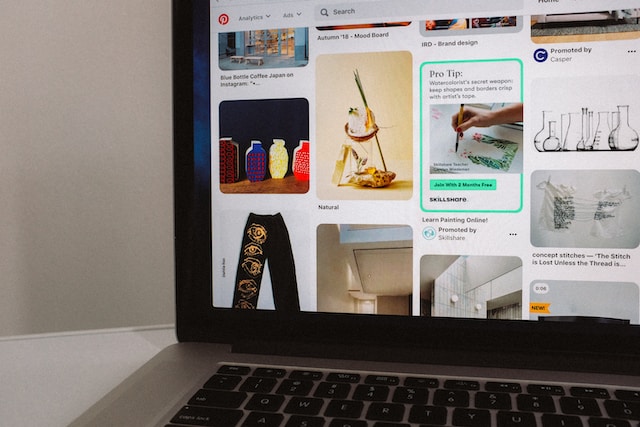
The first reason is that I don’t see Pinterest as traditional social media rather as a mix between a social media platform and a search engine.
So yes, Pinterest does have the save and comment features, but many people use Pinterest to search for content and visit websites.
In fact, though I went through a stage of creating Idea Pins (similar to reels and shorts) I use Pinterest primarily to drive people to the blog.
The second reason for keeping Pinterest is simply that I don’t find it as addictive and time-consuming as other social platforms.
As I mentioned above, my focus on Pinterest is not on the platform itself but on my blog.
There is, however, a caveat. Though not as addictive as Instagram, when using Pinterest it’s easy just to save cute pictures and titles without actually reading the linked blog posts. (Something I confess I have done in the past!)
So my current solution is to only use Pinterest to save pins directly on my blog (so I don’t go into the platform) and on other blogs.
This means I’ll search for blogs on my search engine, click on the titles I like, and read the content. Then if I enjoy it, I’ll save a graphic to a board directly on the website.
Now let’s look at YouTube

Ok, so YouTube, like Pinterest, is partly social media, but also partly search engine driven.
Yes, perhaps some users only listen and subscribe to big channels, and there are YouTube users who spend hours watching just snippets of videos and then commenting on them. But I think on YouTube there’s a greater focus on the content itself, the reach is more organic (due to keyword search) and the predominantly long-form content is not as filtered as content on Instagram and Facebook.
While YouTube introduced shorts to keep more users engaged on the platform (and I myself created these for a season) when using the desktop version, I see mostly long-form content based on my subscriptions and likes. Also, I don’t personally find YouTube addictive. Maybe precisely because I only consume long-form content!
I’ve also benefited so much from certain channels (like the Bible Project) that I can’t, in good conscience, put YouTube in the same class as some of the other social media platforms.
Do I need to take a break from YouTube? Yes and no.
I definitely do not want to go back to shorts (which I rarely consumed but often created). But at the same time, I definitely want to keep listening to good, wholesome channels.
The key is to do so in moderation, which, as I mentioned before, hasn’t been a problem for me so far.
In terms of my YouTube content creation, I’m still going to be uploading my podcast episodes – for now at least. As for anything else, I’m going to pray about it. 🙂
Ok, so that’s it for today! If this blog post blessed you, feel free to share it. 🙂
